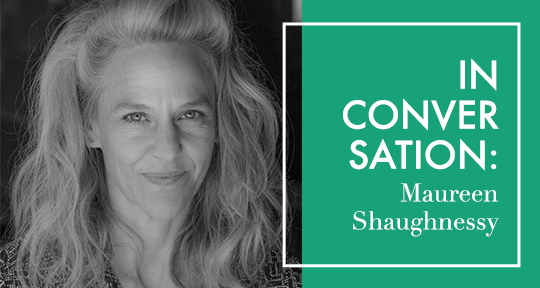After nine years and a criminal complaint. Affidavits, expert witness reports, trips back and forth to police stations, district attorneys, national courts. A five-hundred page case record. Two lawyers. One prosecutor. A justice commission. Fifteen years of therapy. Half my life! My entire family split in two. A whole town covering up the abuser. Seven years of writing workshops. Two books published. Finally. Finally. . . Now I can say out loud all the names I once could not.
Argentine writer Belén López Peiró eventually wrote these words last year, following nearly a decade of denouncing her abuser.
Belén’s first novel, Por qué volvías cada verano (Why Did You Come Back Every Summer), published five years prior to the sentencing, is an account of the abuse Belén suffered as a child and the breakdown of her family after she spoke out. It covers a number of years between the apartments and lawyers’ offices of Buenos Aires and the small town in this province where Belén spent summers with her cousins, her aunt, and her abuser—her aunt’s husband. Using mixed media, the book gossips and growls in a cacophony of voices, legal and colloquial, who question, opine, pity, doubt, support, and blame her.
This April, Charco Press published the English translation of Belén’s novel by Maureen Shaughnessy. I caught up with the translator, who’s based in Southern Argentina, over Zoom to discuss the book. Our conversation has been edited for length and clarity.
Rebecca Wilson (RW): What were your first impressions of the book and how did you feel when Charco Press asked you to translate it?
Maureen Shaughnessy (MS): In Argentina it had its moment of hype, which is how I came across it in the first place, even though it was published with a small press. It came out here during a time when the #NiUnaMenos movement was really taking off, in that context of purple and green marches with women filling the streets.
When I started reading it, it was too intense for me. Right away, in the second or third entry, she tells this really intense story, the most abusive moment in the book, the most raw. Plus there’s all these dense legal documents—there are these two extremes together.
I had read it and found it too intense to think about pitching it to editors. It was too much for me to even consider, so it was a hard place to go to, to work for so long on the book.
RW: Any translation is a huge responsibility. But given this novel is so personal, and a true account, what did you feel was your relationship to the text?
MS: During the last few drafts, I got to a point where it was already typeset and we were supposed to go to print and I read it again. I had to say, ‘No, wait, not yet. Sorry, we have to keep editing it’, because I did feel responsible for trying to translate all those voices that were swimming around in her head, all those demons she brought out onto the page. READ MORE…


